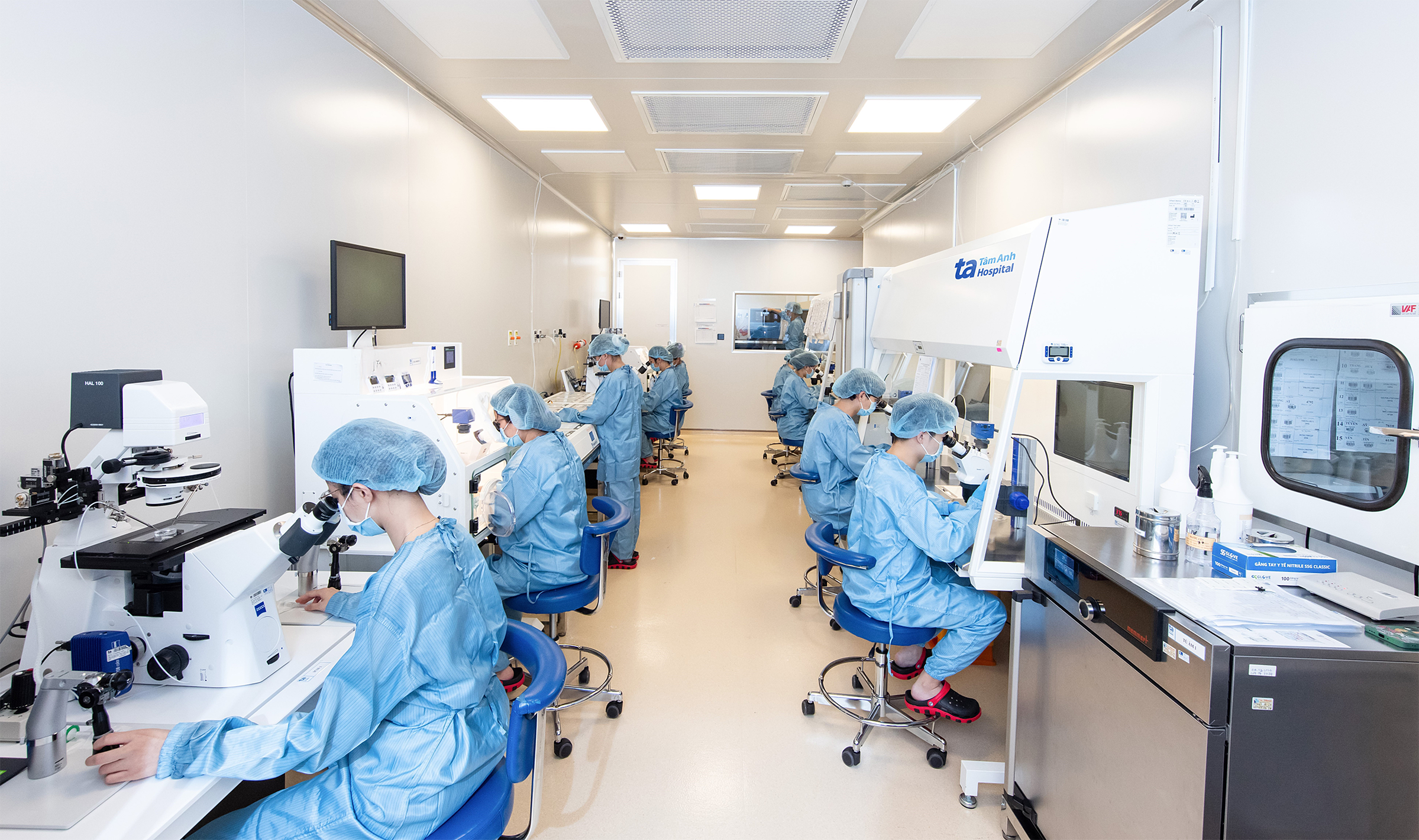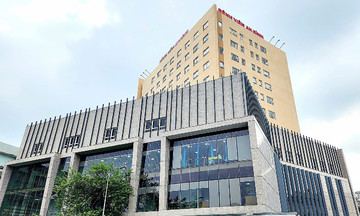Doctor Nguyen Cong Danh from the Andrology Unit of the Fertility Support Center at Tam Anh General Hospital in Ho Chi Minh City (IVF Tam Anh TP HCM) suggests that exposure to harmful chemicals may be a contributing factor to Hai's infertility. Hai has worked as a fruit farmer for 20 years, frequently spraying pesticides without protective gear. He also noted a high incidence of infertility and birth defects in his community.
Global research indicates that toxic chemicals in pesticides and herbicides can disrupt endocrine function, block androgen (male hormone) receptors, decrease testosterone, and increase the female hormone estrogen. Exposure to these chemicals can lead to reduced testicular and seminal vesicle volume, decreased sperm density and motility, increased immotile sperm, and DNA damage in men.
Hai's clinical examination revealed atrophied testicles, half the normal volume, a low sperm count, and 96% immobility. While his genetic tests were normal, endocrine tests revealed a hormonal imbalance and a dysfunction of the hypothalamic-pituitary-gonadal axis, impairing sperm production and leading to infertility. He also showed signs of feminization in his voice and mammary glands, suggesting prolonged exposure.
It remains unclear whether Hai's conditions are congenital or environmentally induced.
 |
Doctor Danh consults on a treatment plan for male infertility. Photo illustration: Thanh Luan |
Hai and his wife previously underwent in vitro fertilization (IVF) at another hospital, but no sperm could be retrieved. Doctor Danh devised a new treatment plan involving medication to rebalance Hai's hormones and improve sperm quantity and quality before proceeding with IVF.
Hai was advised to wear protective gear when spraying pesticides to minimize exposure to harmful chemicals. He and his wife adopted a healthy diet, abstaining from tobacco, alcohol, and stimulants. Before treatment, Hai's sperm was cryopreserved as a precaution.
After one month of treatment, Hai's semen analysis showed improvement. Fresh sperm was retrieved on the same day his wife underwent egg retrieval. Embryologists selected 10 healthy sperm for intracytoplasmic sperm injection (ICSI), cultivating the embryos in a time-lapse incubator system. This resulted in seven good quality day-5 embryos. One embryo was transferred to his wife's uterus, resulting in a healthy pregnancy, currently at eight weeks.
 |
The "lab-in-lab" system for in vitro fertilization at IVF Tam Anh. Photo: Nguyen Thang |
According to Doctor Danh, exposure to toxic chemicals without protective gear can cause acute poisoning. Long-term exposure can lead to skin, eye, respiratory, and nervous system problems, increasing the risk of infertility and cancer. Therefore, individuals handling chemicals should adhere to dosage guidelines and wear appropriate protective gear. Other factors that increase the risk of reduced fertility include working in high-temperature environments (such as long-haul drivers, blacksmiths), exposure to radiation or heavy metals, living in polluted environments, having male reproductive health issues, infections, and stress.
Men should undergo regular general health and reproductive health check-ups. Those who are not yet married but have reduced reproductive health should consider sperm cryopreservation to preserve their future fertility. Couples who have not conceived after one year of marriage should seek medical advice and treatment early to increase their chances of success.
Hoai Thuong
*The patient's name has been changed.












